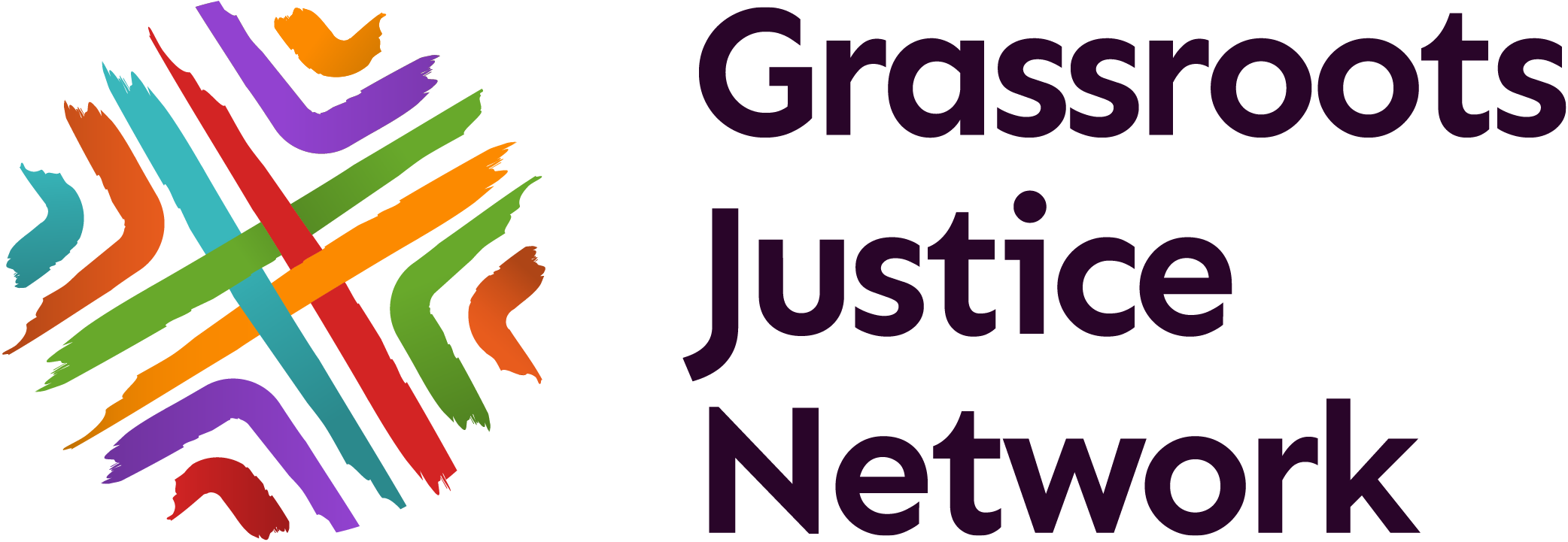4.1 Cross regional perspectives
Legal empowerment advocates find common purpose in helping people know, use, and shape the law to address injustice. The types of roles and the pathways to creating change differ depending on the context. While in some places paralegals are central to the process, in other locations lawyers or community organizers might play a bigger role. The formality of the legal system, formal recognition of different roles, and the needs of the community will influence what types of roles are part of the path to legal empowerment. In some places, like Sierra Leone, laws protect and outline the roles of paralegals. In other places, like the United States, it is illegal for people to provide legal advice without being certified as a lawyer.
The pathway to remedy, or how legal empowerment can right an injustice, will change with the context and the type of injustice that is faced. In some places, justice seekers find remedy through navigating formal courts, in other places they use administrative offices.
In this video, you will hear from four inspiring advocates who are using legal empowerment to create change in their communities: Macarena Martinic from FIMA in Chile, Vesna Shapkoski from LET STATION in Macedonia, Luntha Chimbwete from Centre for Human Rights Education, Advice and Assistance in Malawi, and Khalid Hussain from Bangladesh Legal Aid Services and Trust. Listen closely to how the roles involved in creating change and the pathways to change are different where they work.
Now that you’ve heard from practitioners, you can learn more about the roles of paralegals and legal empowerment advocates by diving into these materials:
- Namati’s Paralegal Guide, Chapters 4 and 5 (full version available here)
- International Development Law Organization’s Community Paralegals and Customary and Informal Justice, Chapter 4 (full version here)
To round off your learning about these roles, take the short quiz below. It will help you have confidence thinking about what type of people you will need on your journey to use legal empowerment to create justice in your community.
